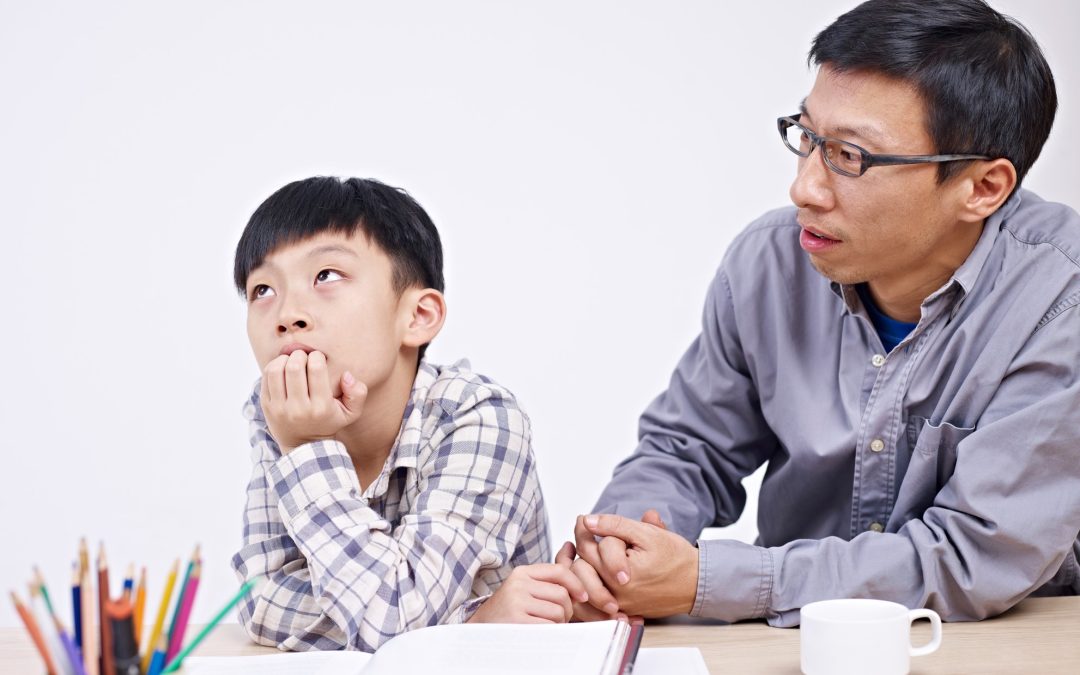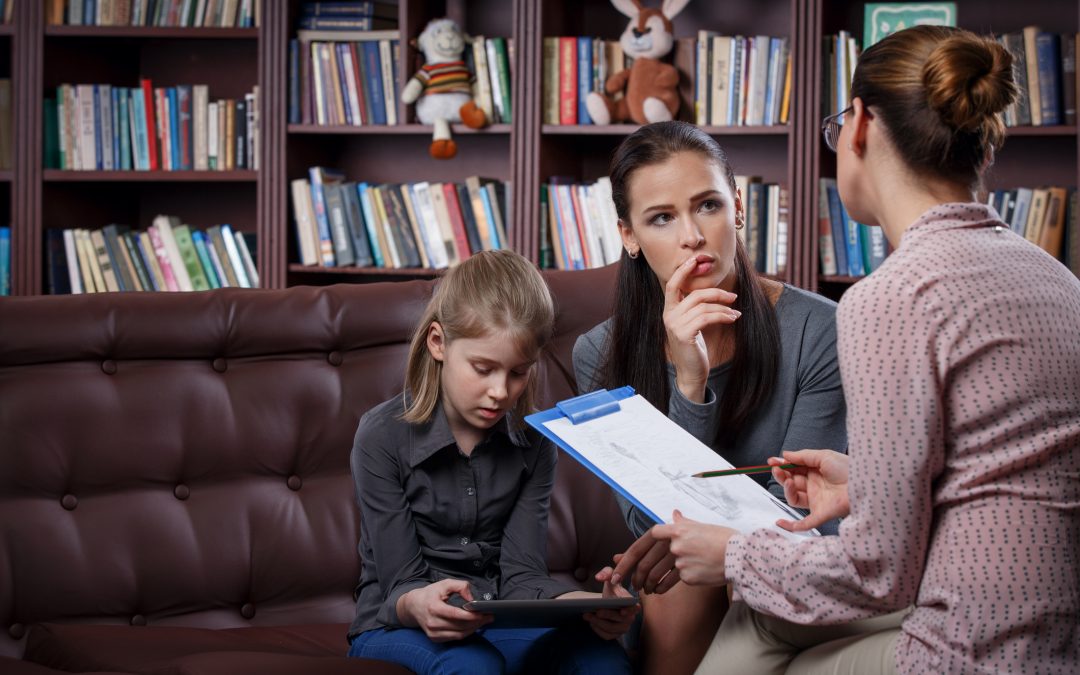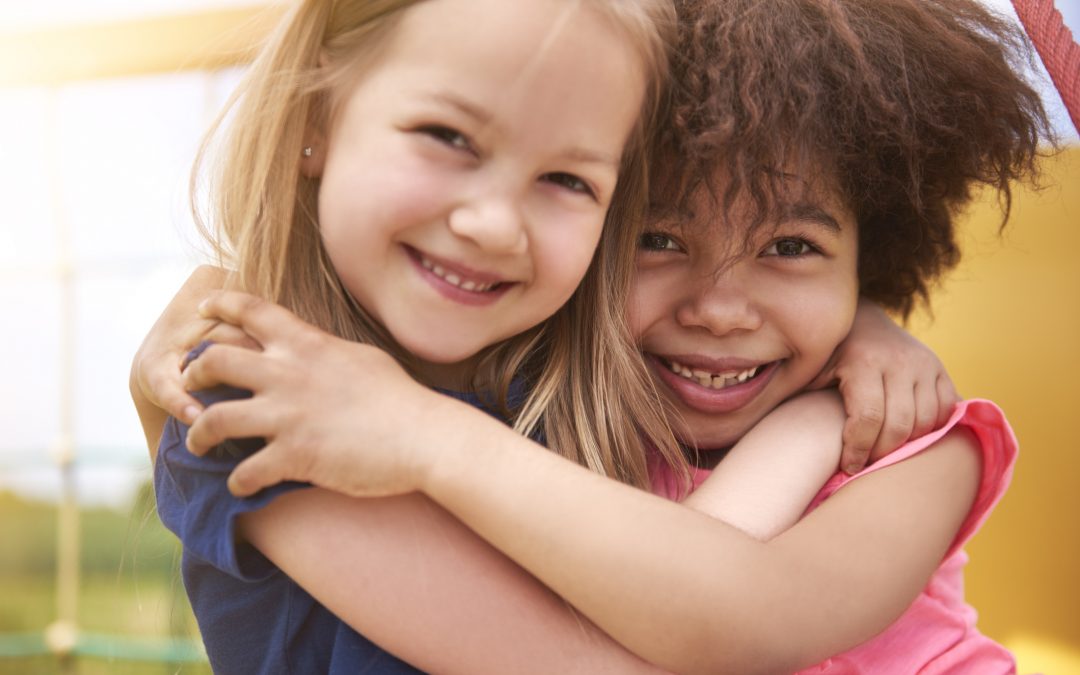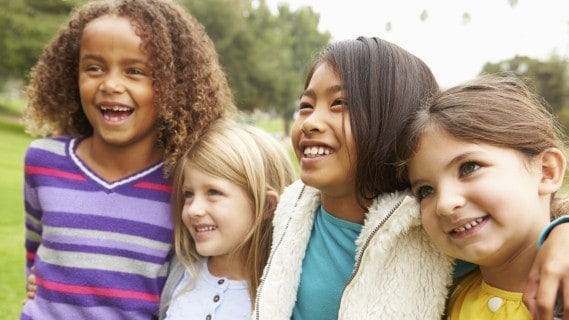
by Kaleisha | Apr 26, 2024 | Helping Kids Get Along With Others, Helping Kids with Frustration and Tricky Behaviour, Helping Kids with Worry, Anxiety and Stress, Professional
As mental health professionals working with children and young people, our primary focus is of course on the mental and emotional well-being of the young humans we have the privilege of supporting. However, anyone who has worked in child/adolescent mental health for...

by Kaleisha | Dec 14, 2022 | Helping Kids Get Along With Others, Helping Kids with Frustration and Tricky Behaviour, Helping Kids with Worry, Anxiety and Stress, Professional
Therapy homework (or home practice) has long been a part of mental health treatment for children and families. It has been understood a variety of ways but can be defined as ‘tasks assigned to clients to promote skill acquisition between treatment sessions’ (Dozois,...

by Kaleisha | May 31, 2022 | Helping Kids Get Along With Others, Helping Kids with Frustration and Tricky Behaviour, Helping Kids with Worry, Anxiety and Stress, Professional
One of the joys and privileges for mental health professionals working with children is meeting a new person/family for the first time and having them share their “story” with us. However, there are also significant challenges for us in this first meeting (or...

by Kaleisha | Apr 13, 2021 | Helping Kids Get Along With Others, Professional
Have you looked directly into someone’s eyes today when you spoke with them? Did it help you understand them? Or connect with them? Or did it make you feel uncomfortable? And (perhaps more interestingly) have you consciously thought about using this eye contact or...

by Monique | Jul 25, 2018 | Helping Kids Get Along With Others, Professional
One of the important questions I ask the children and teens I work with is this: “would you please tell me about your friends”. This question sometimes surprises families. Having made an appointment to see a psychologist they are expecting questions about...

by Monique | Feb 19, 2018 | Helping Kids Get Along With Others, Professional
UK based research group Child Wise conducted research last year showed that children are watching an average of 3 hours a day watching youtube videos. Most commonly, they are watching music videos, gaming videos, “funny” real life content, videos showing pets and...







